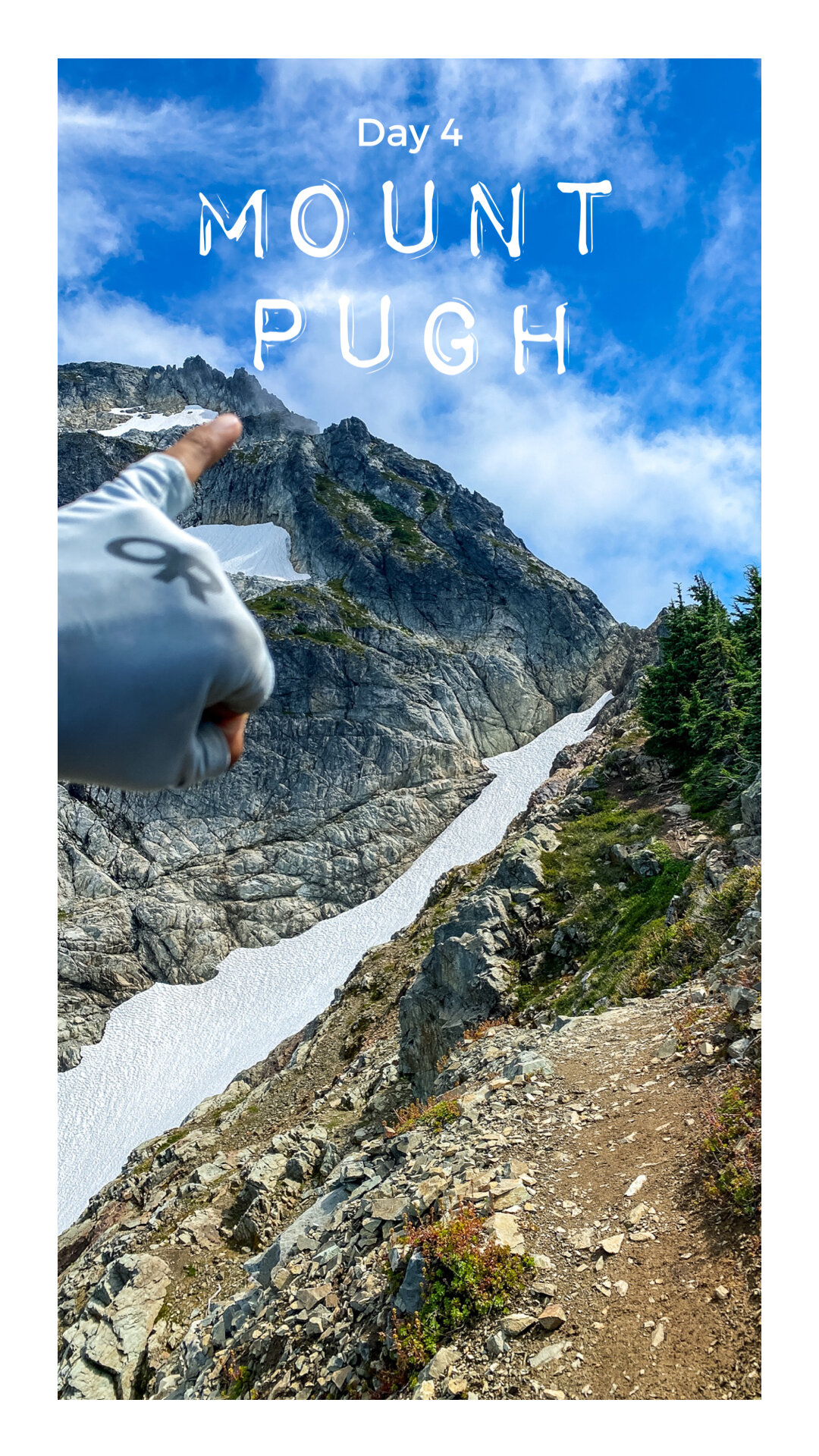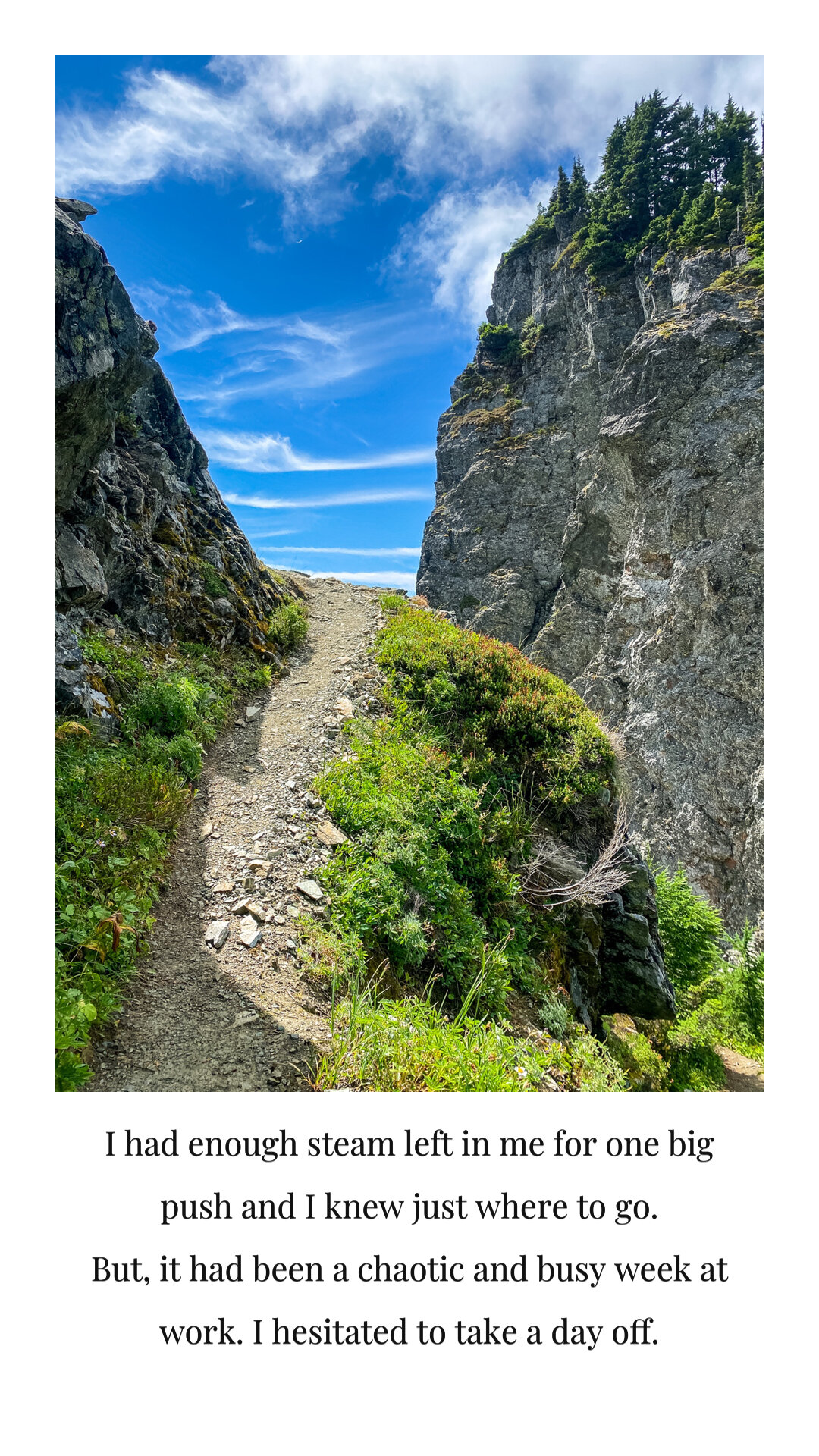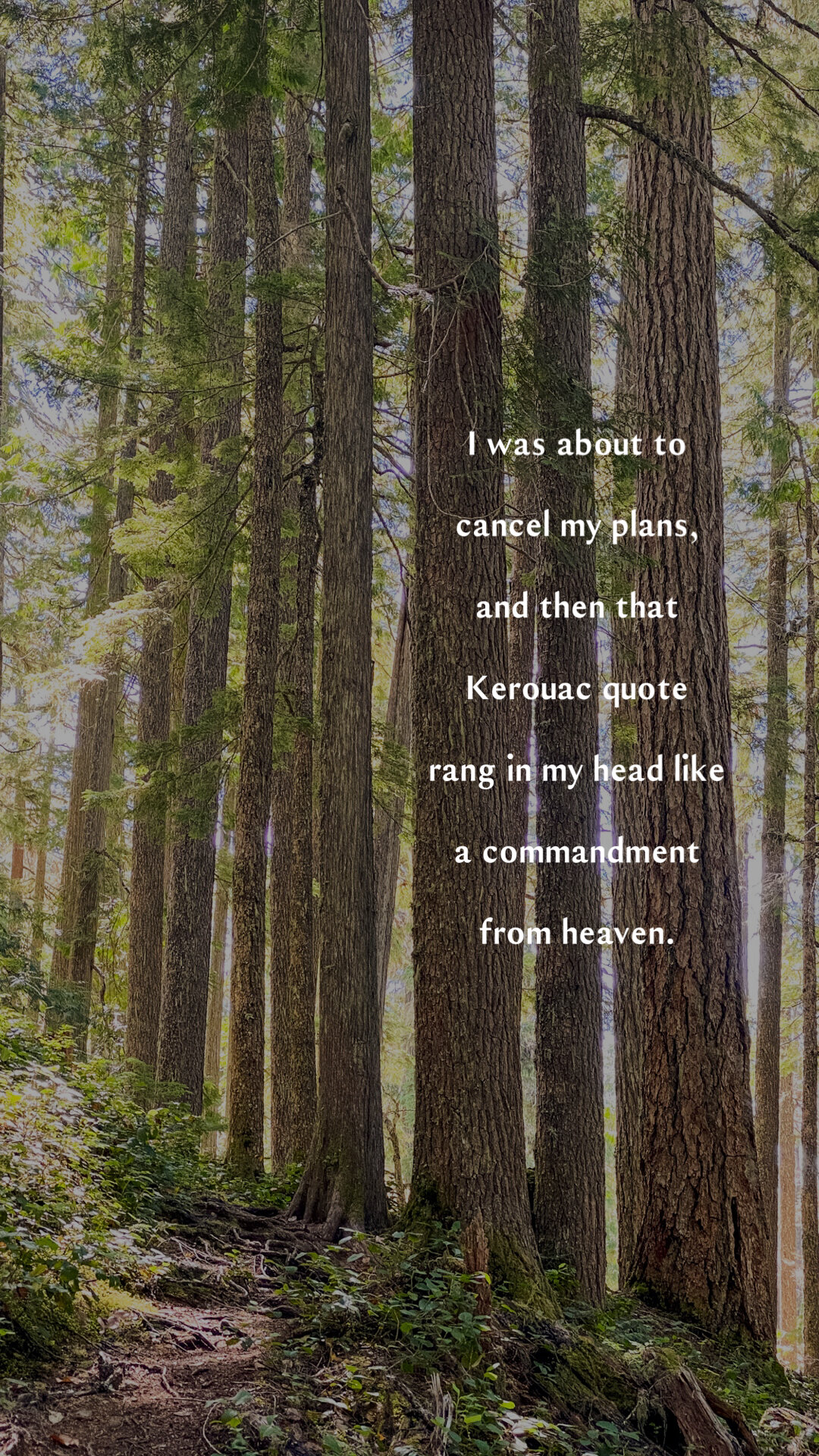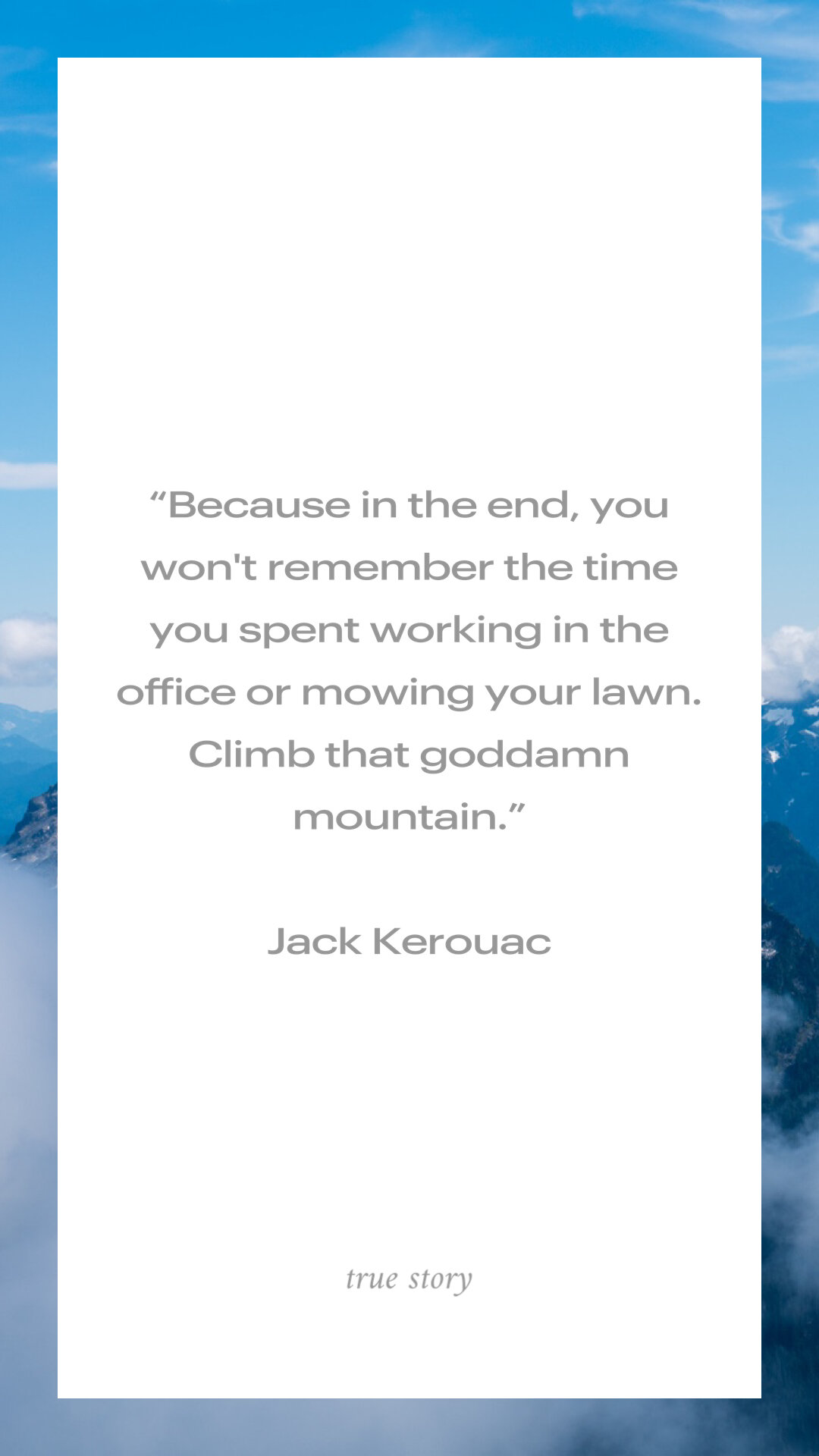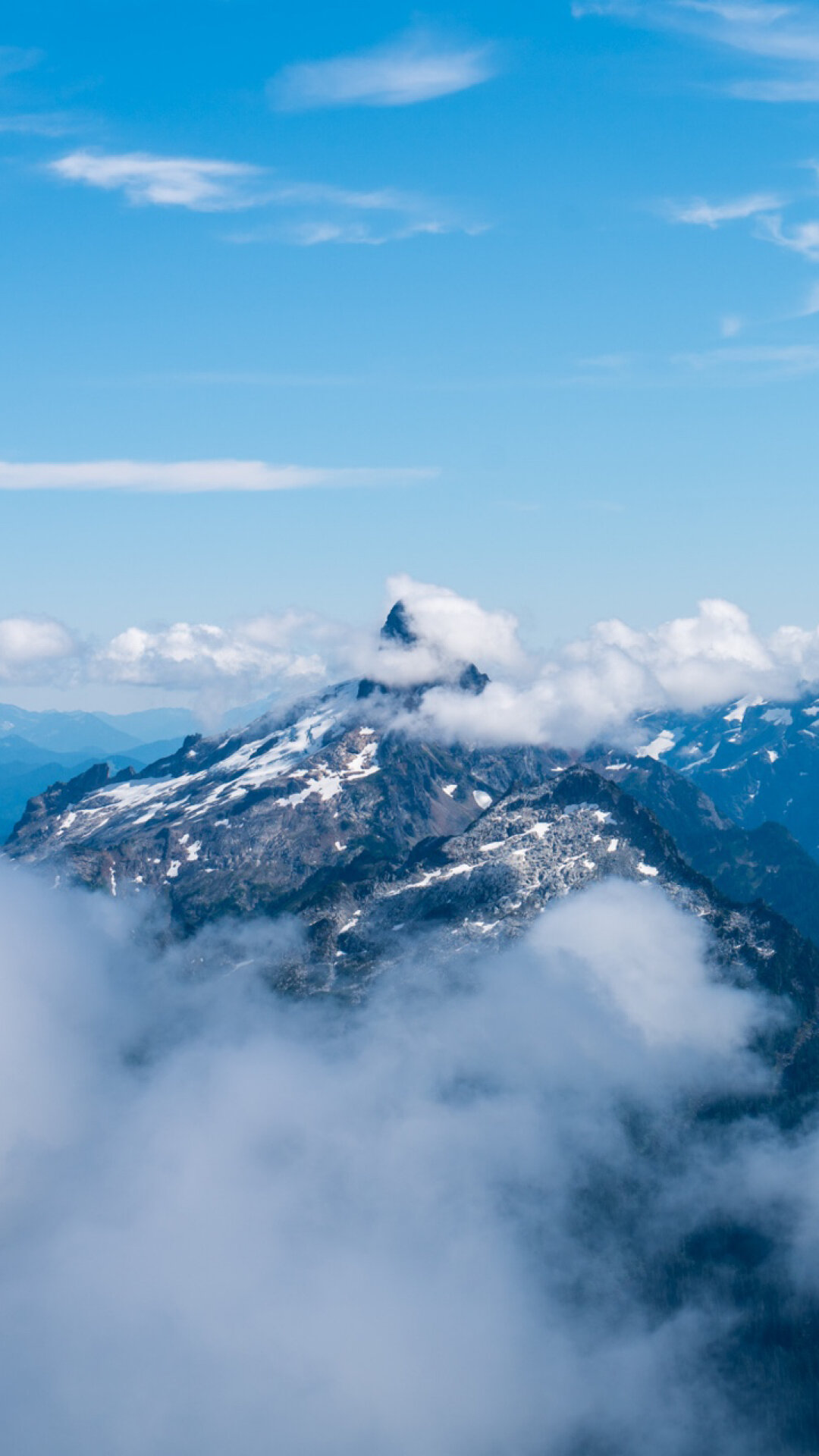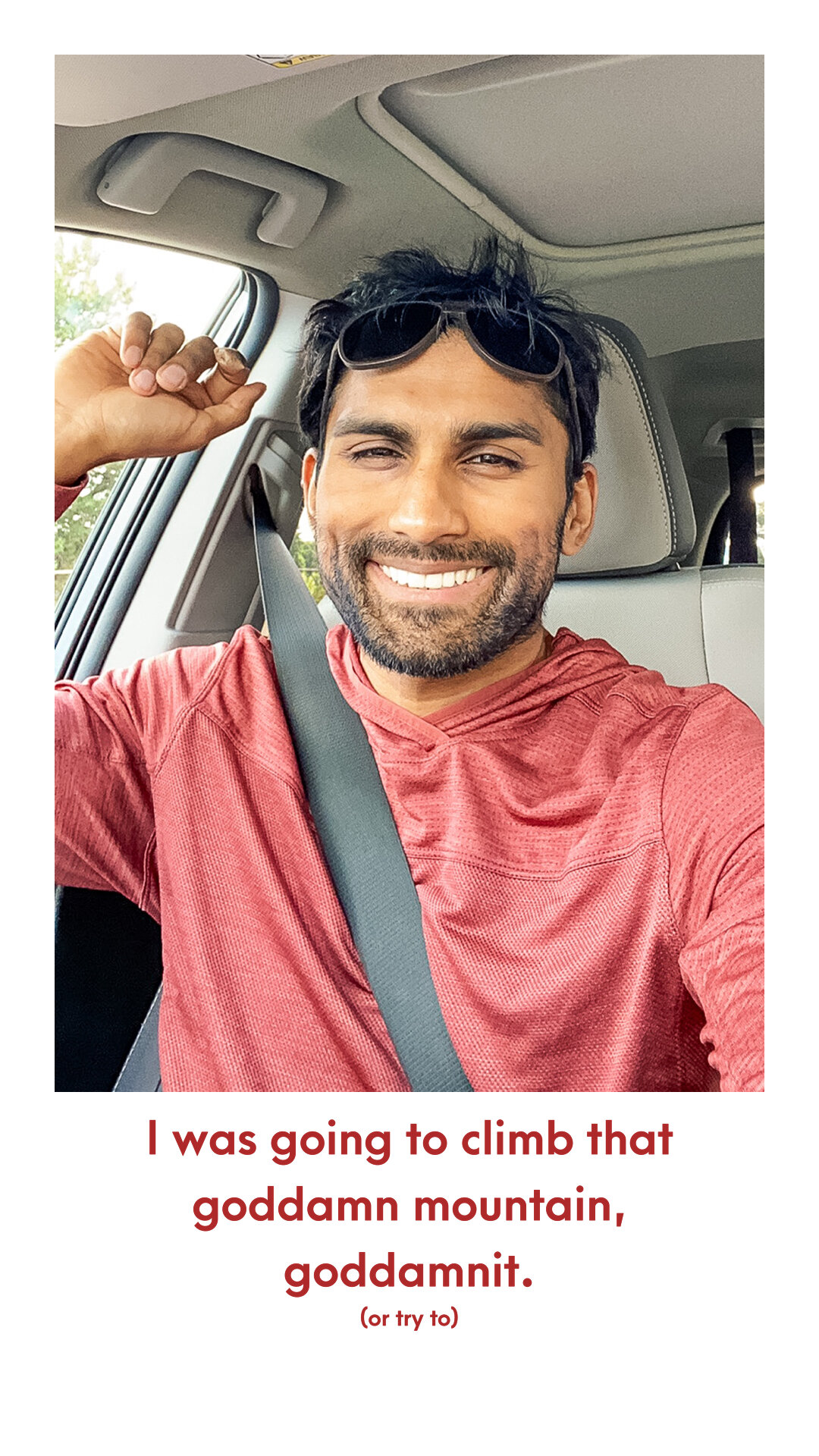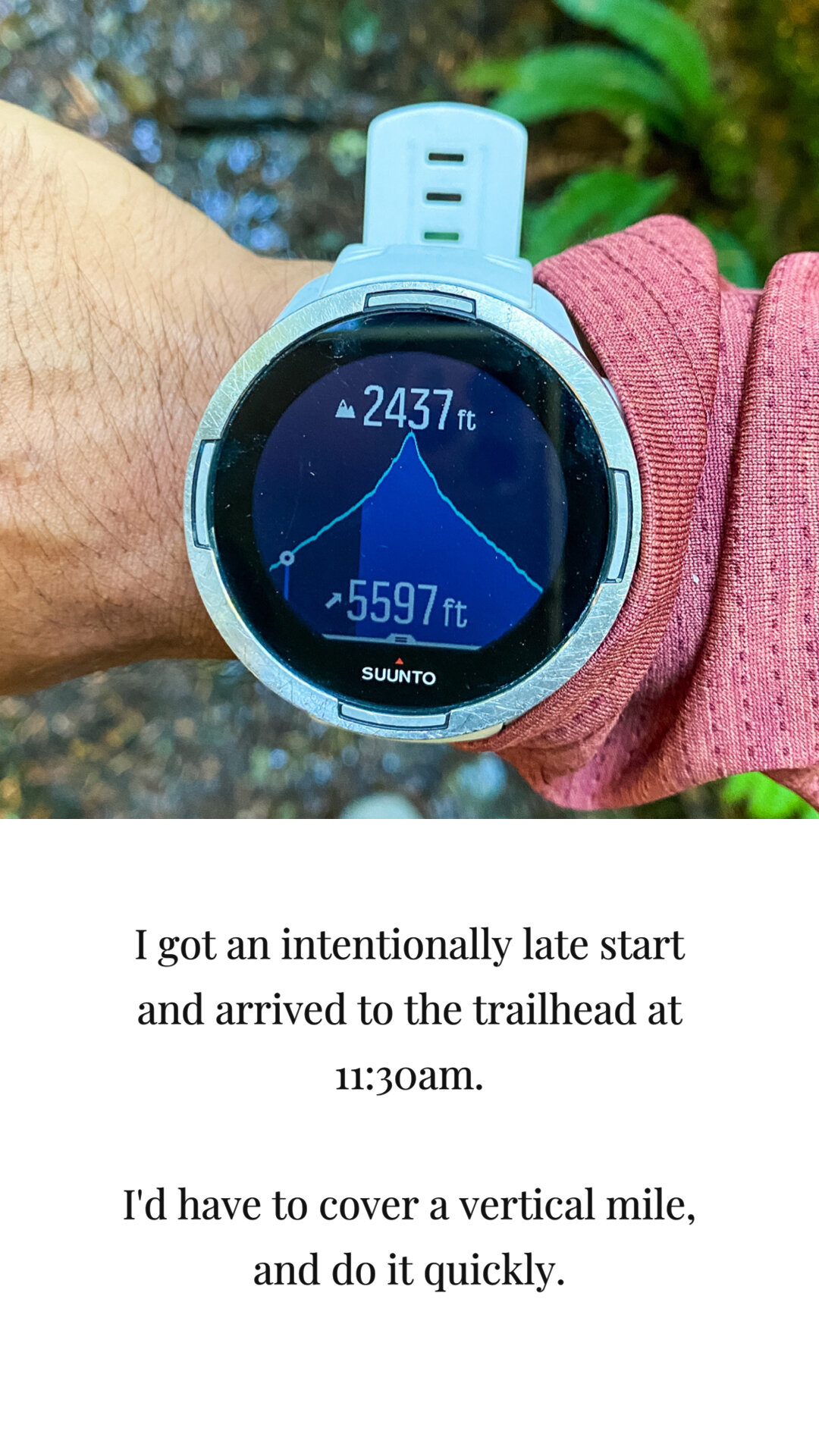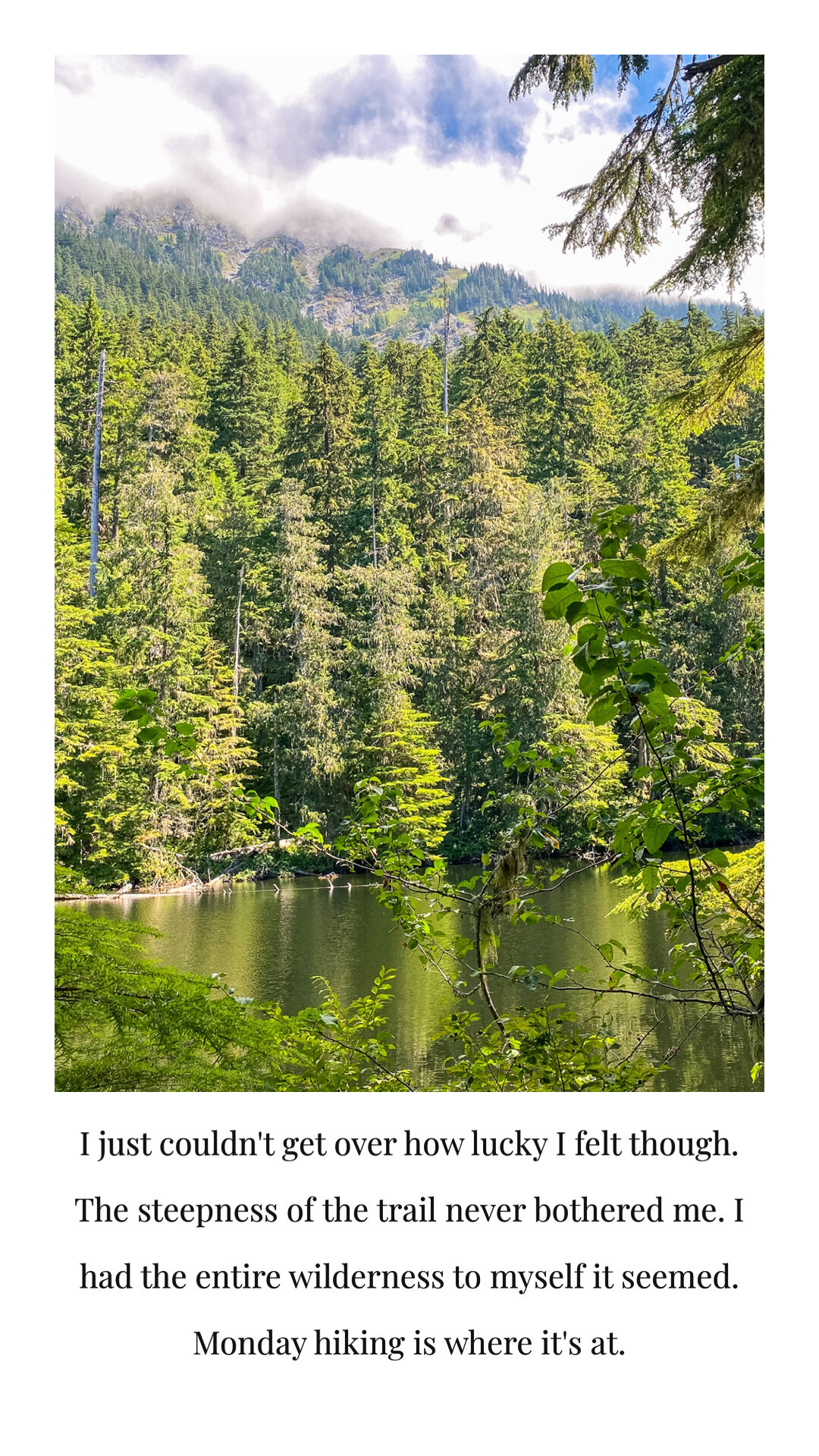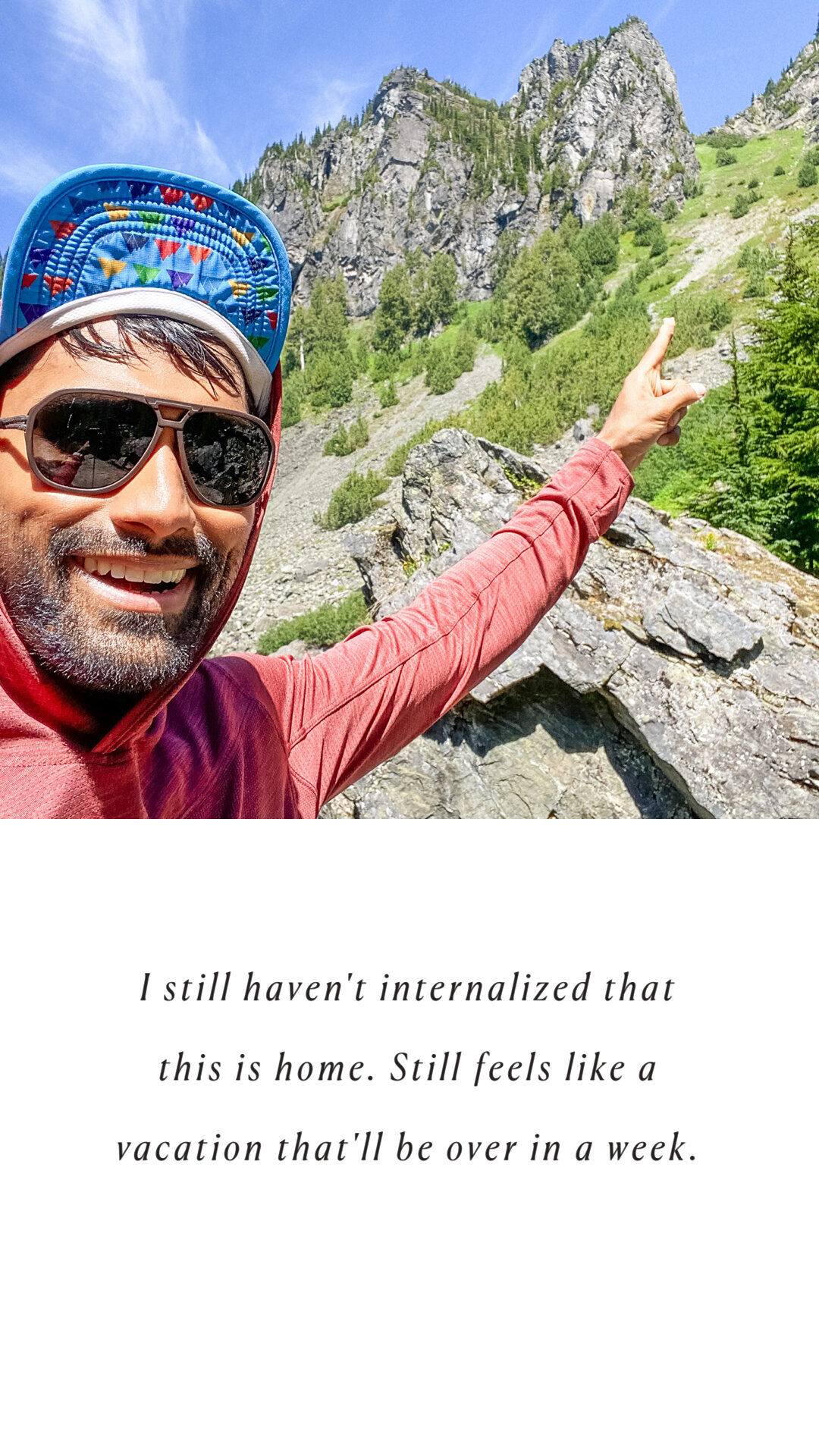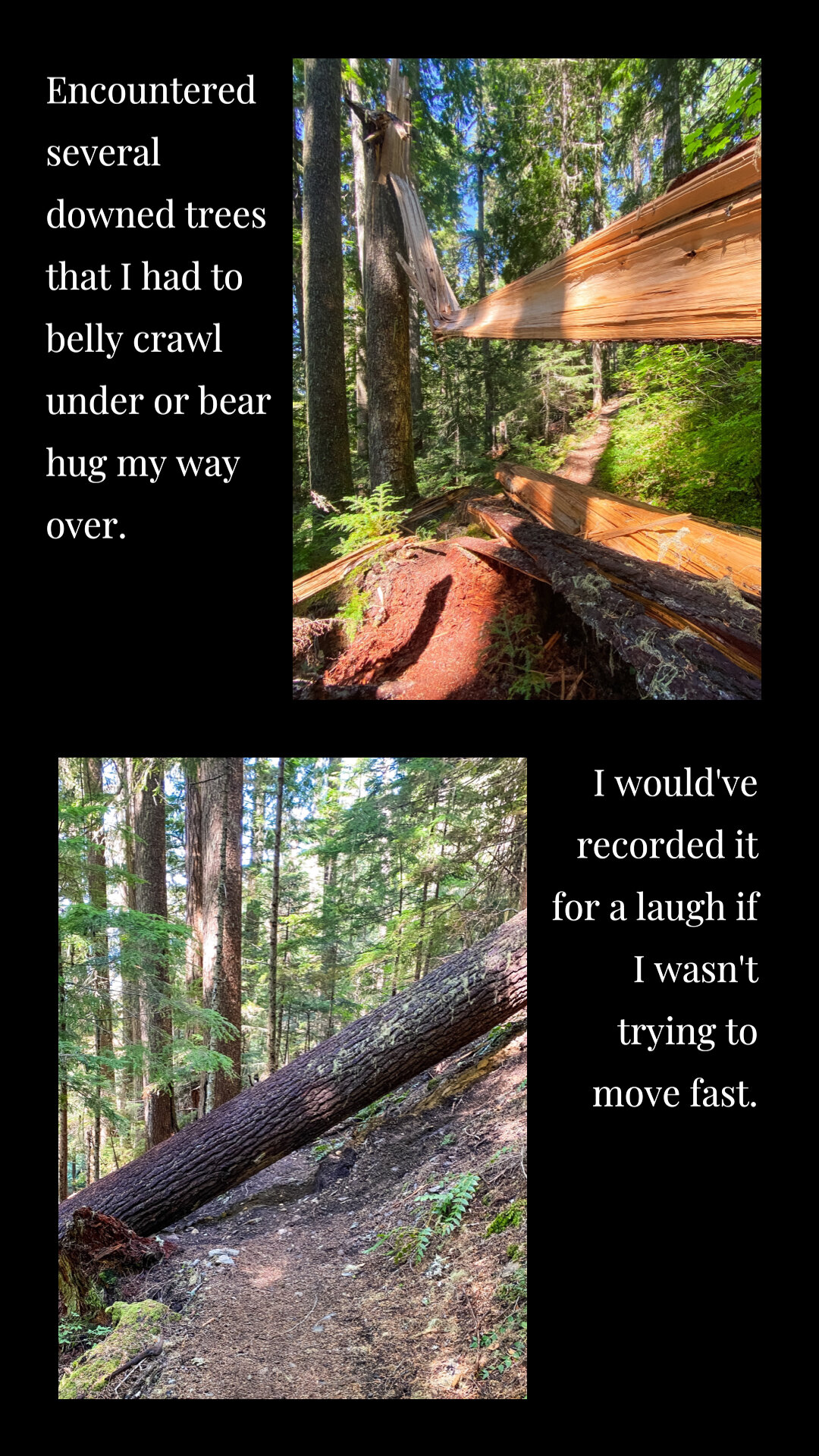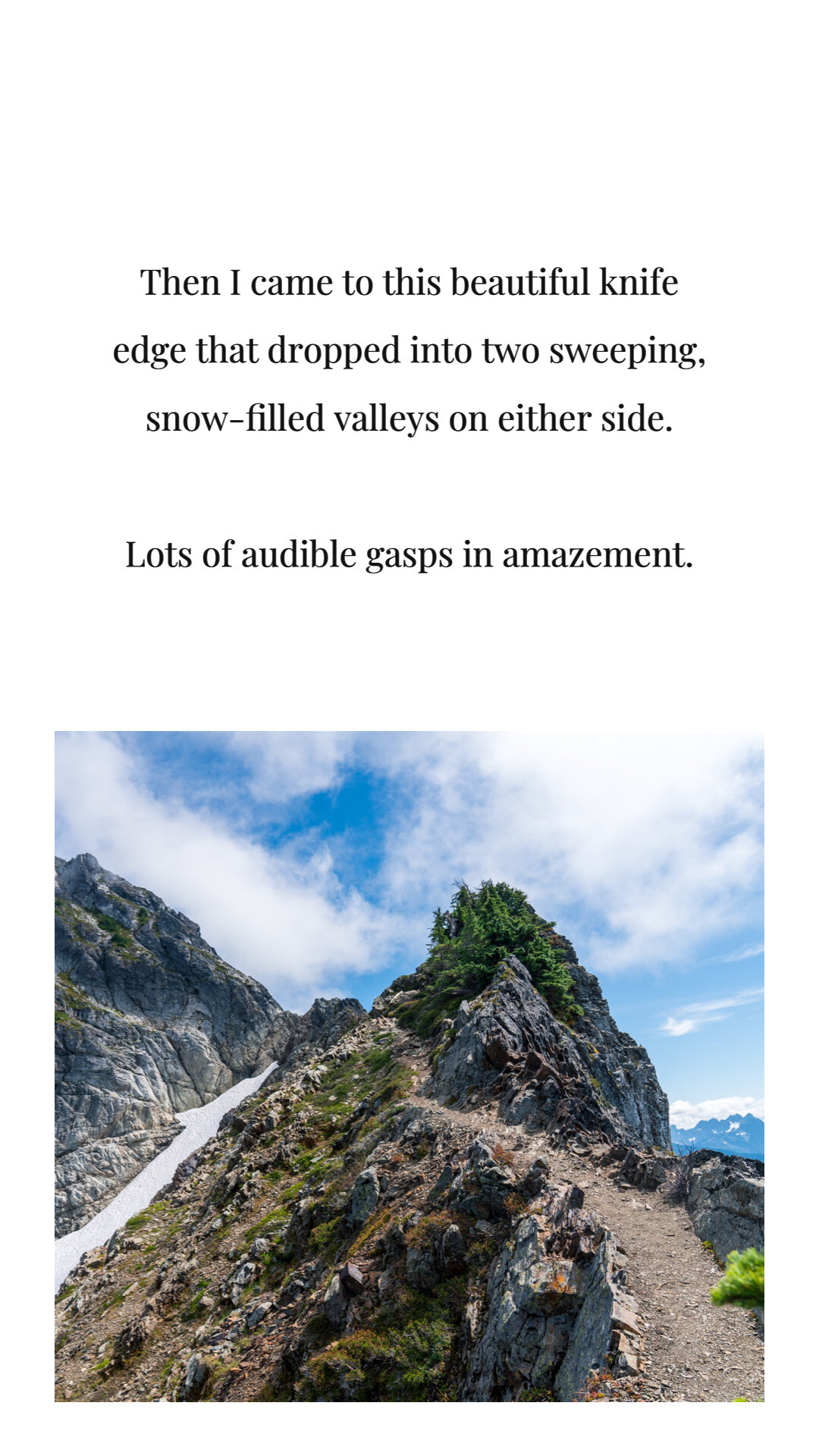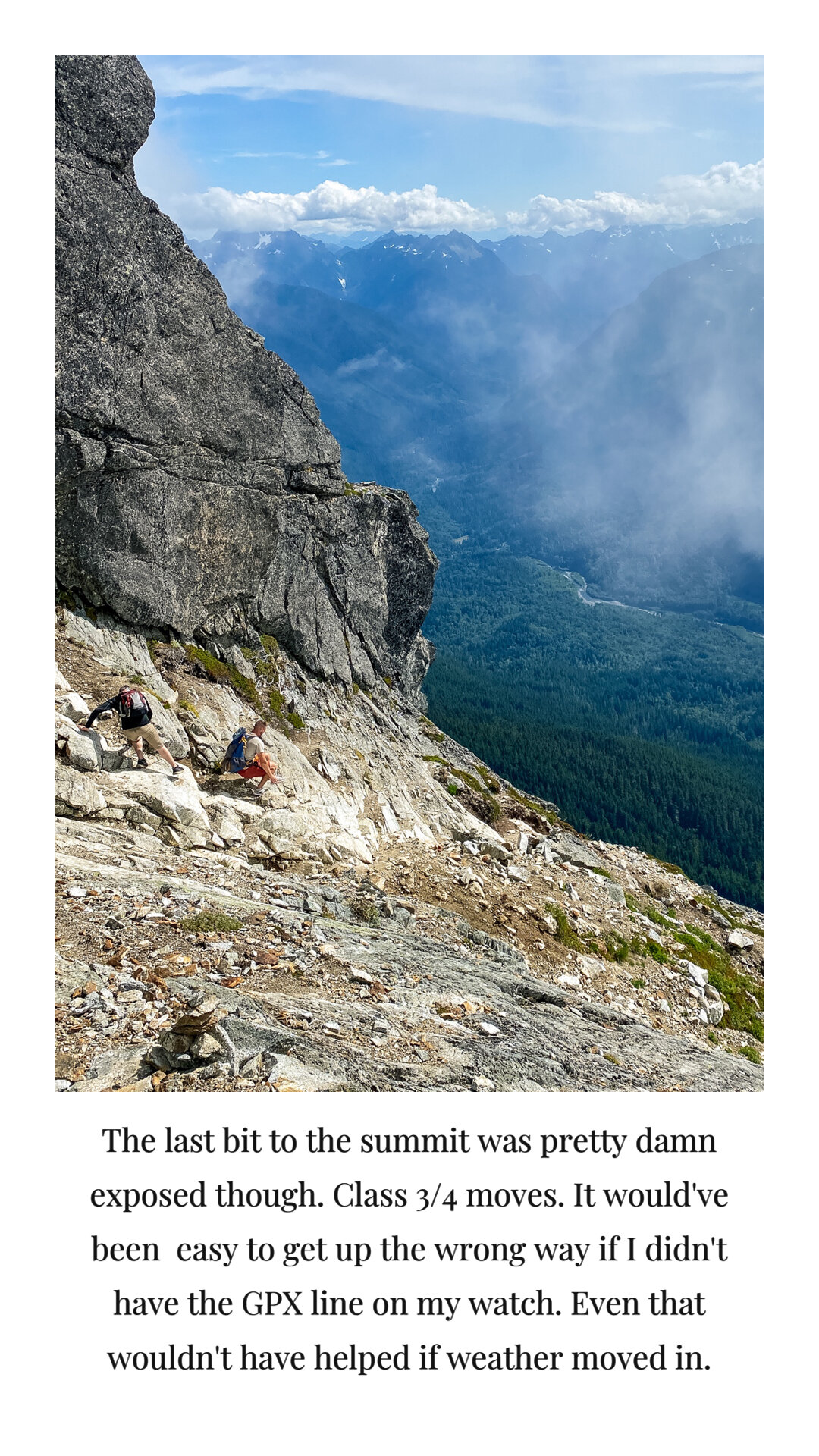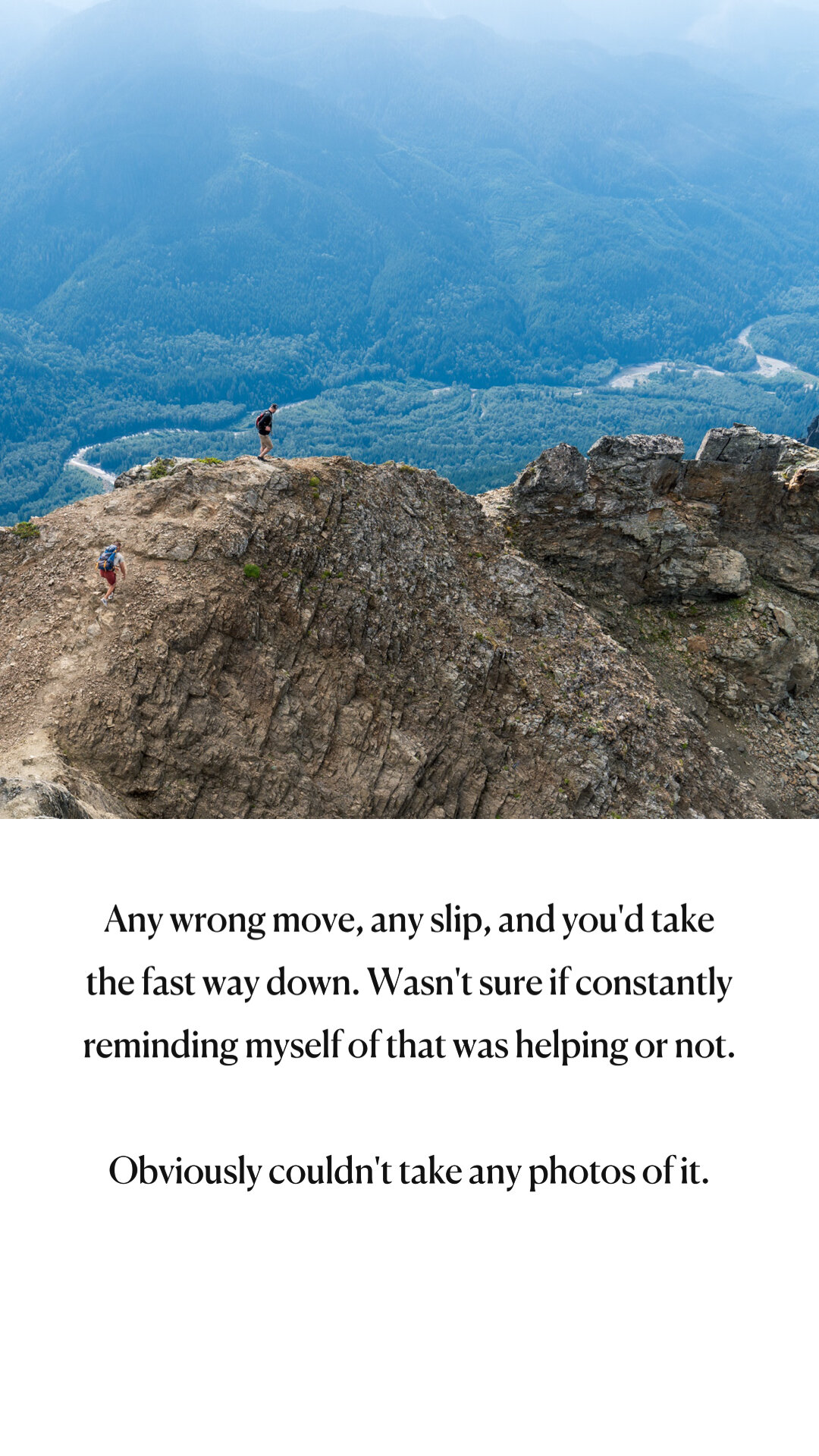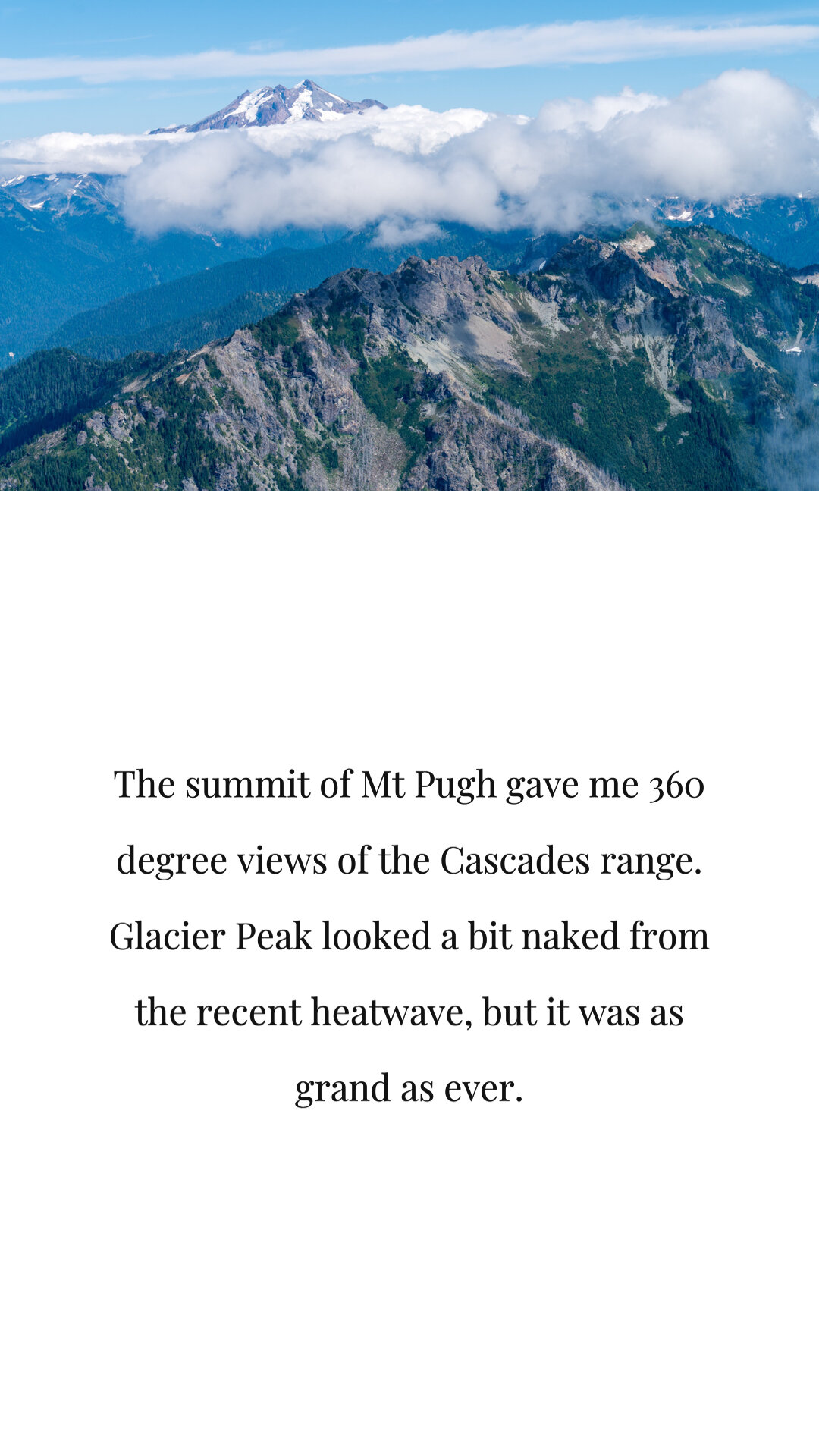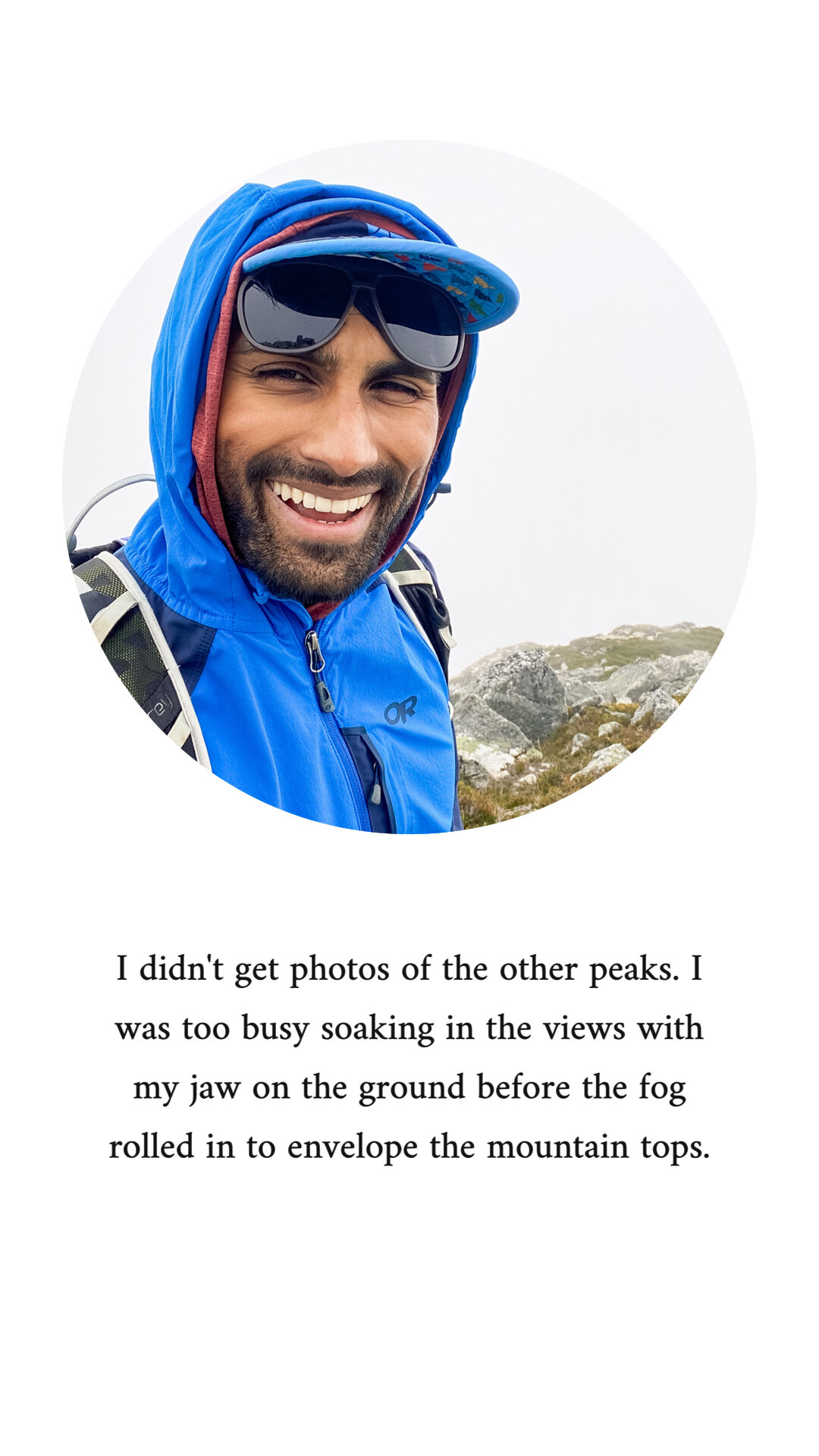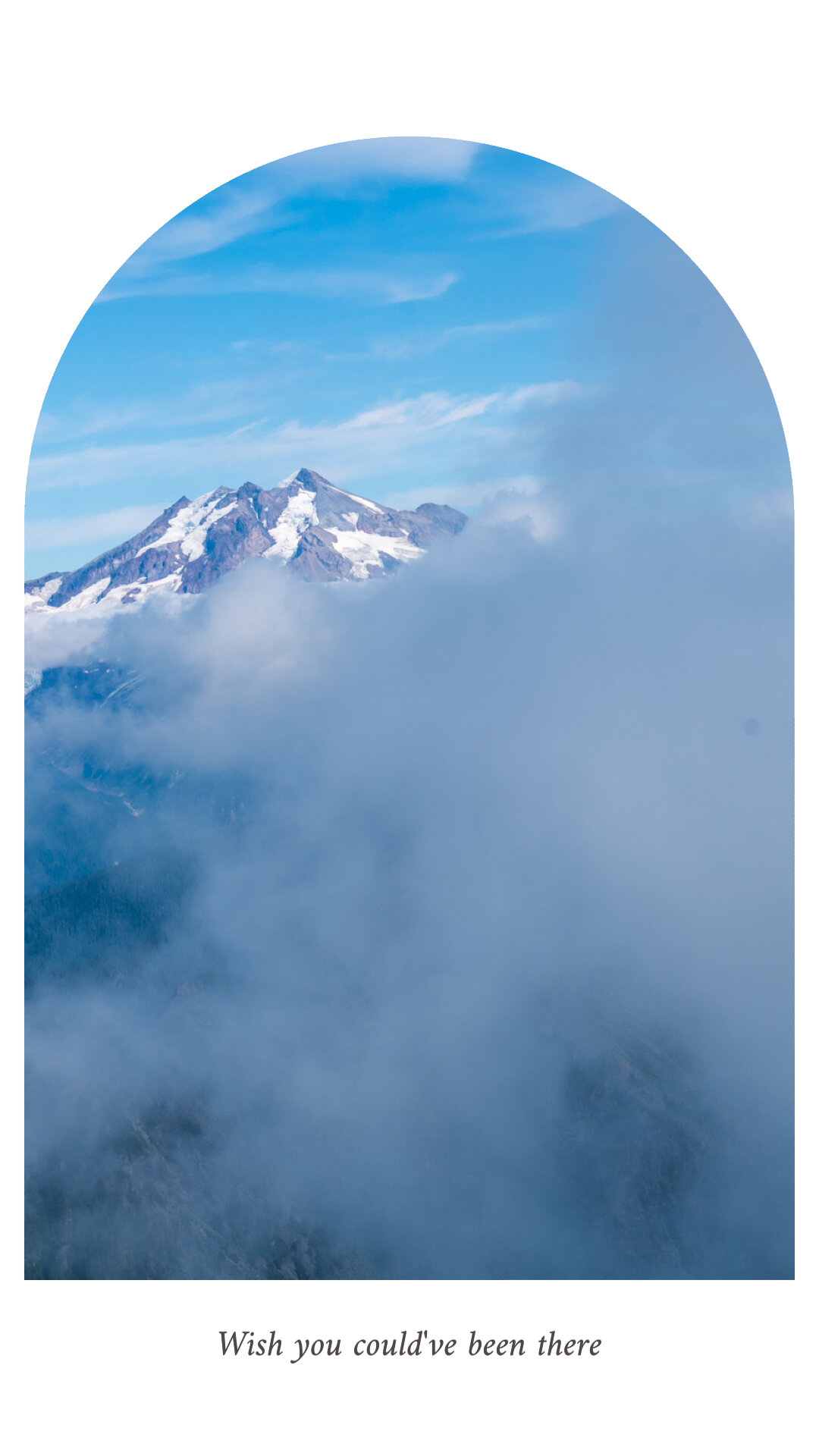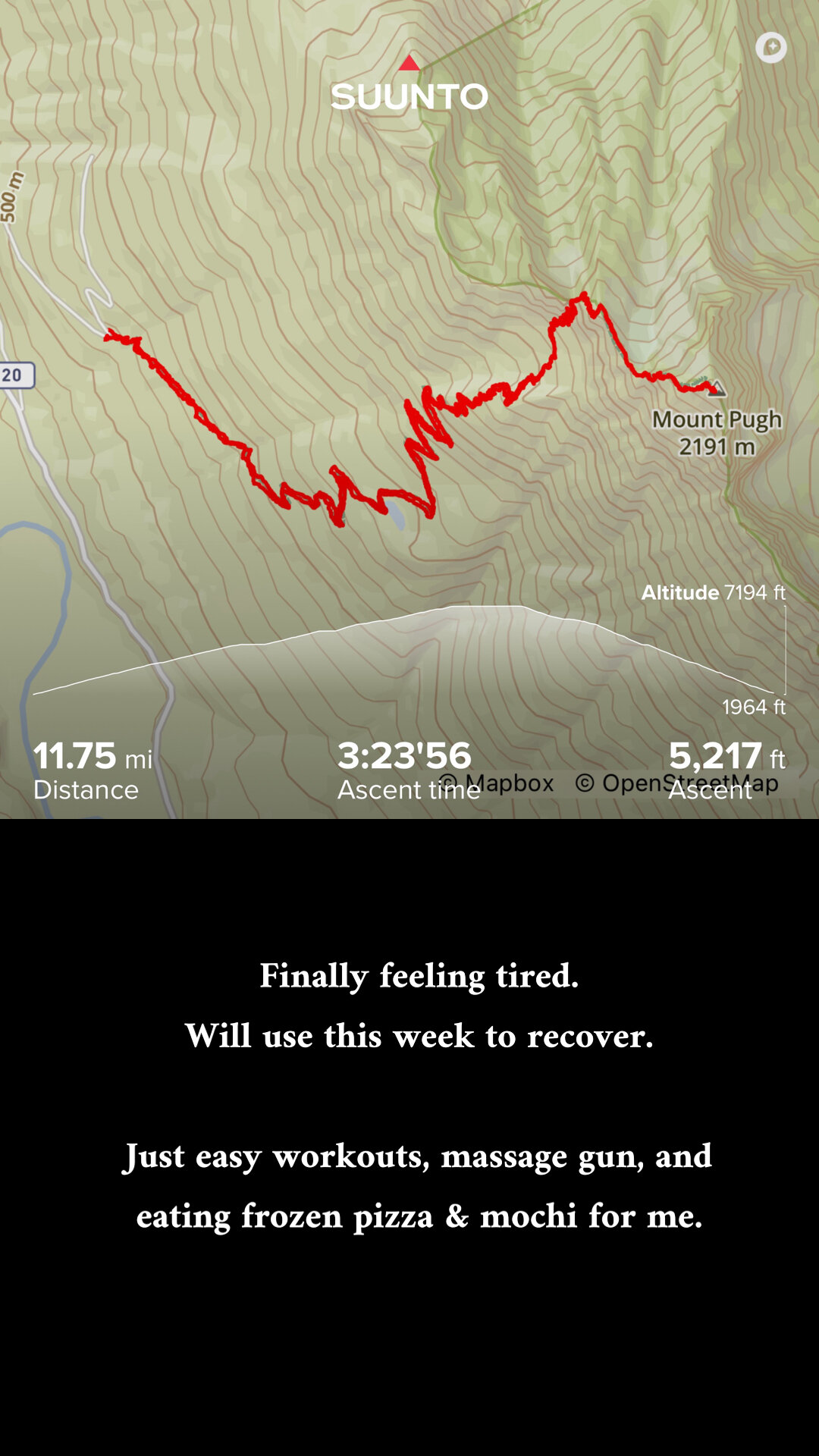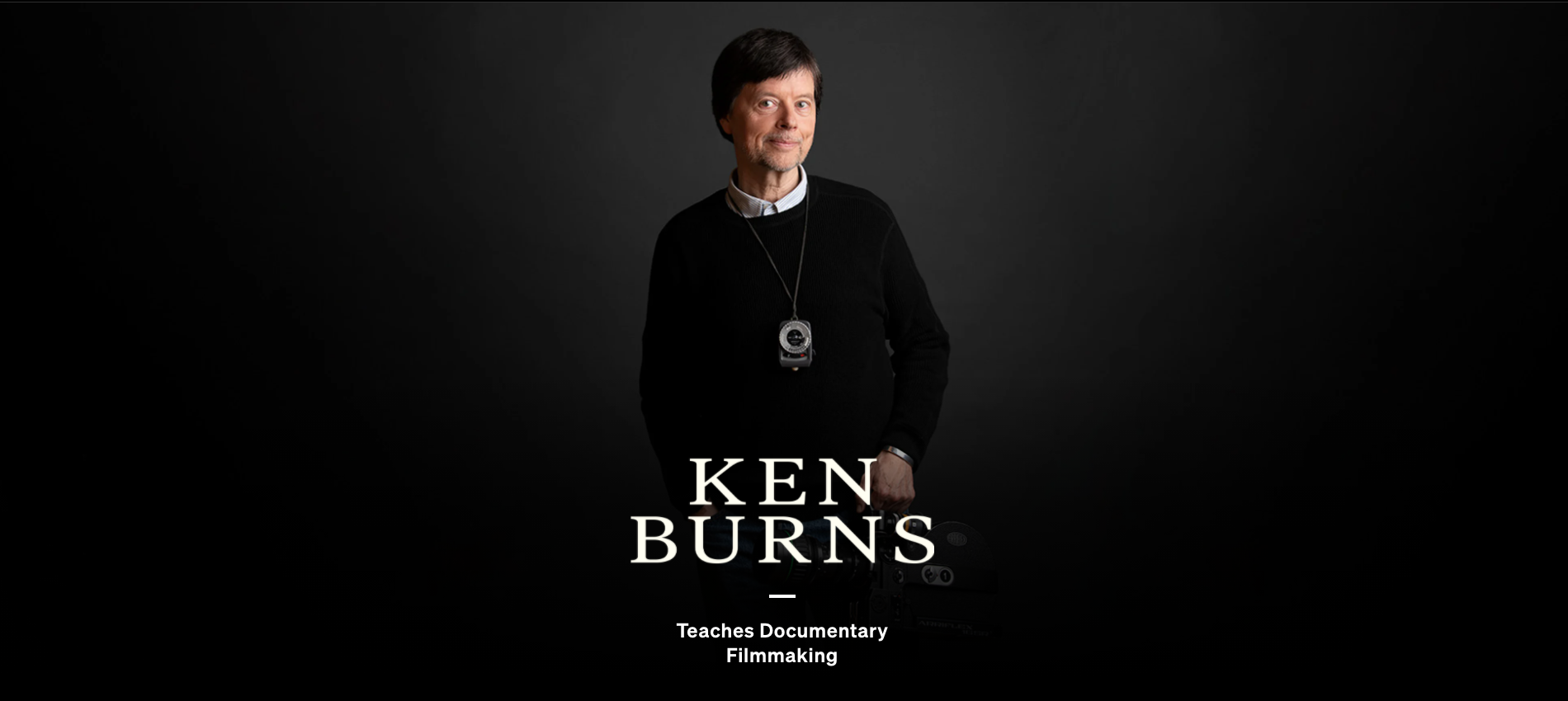It’s been 6 months since I’ve moved to Seattle from New York City, where I’ve spent the entirety of my life. I made the cross-country move because Leah got into the University of Washington for a grad school program; I was more than happy to pack up and settle in closer to the mountains. She would’ve started in 2020, but remote learning sounded lame so we deferred the move for a year. During quarantine, I daydreamed almost daily about being in the PNW.
If you know me, you’ll know I have an obsessive personality. I got to know New York City pretty damn well in my 20s after countless hours of research and discovery of the food, nightlife, history, and vibe. I wanted to immerse myself into Seattle culture similarly so I could make the most of my new home once I arrived. Below is a list of what I read, listened to, and watched for well over a year, all in the hopes of getting a faint pulse on what living here could be like. This list is intended entirely for the benefit of you, who may be a recent transplant like me. If you’ve been around for a while and have recommendations, drop em in the comments.
Politics/News
KUOW Seattle Now - A 12-15min podcast that drops an episode every weekday covering a mix of local and national headlines. Always upbeat, often funny and interesting. It’s the first podcast I listen to during my morning warm-ups. KUOW (local NPR station) has other podcasts, but this is the only one I really liked.
r/SeattleWA and r/Seattle - I find it pretty easy to stay on top of local news and politics for Seattle, and I’ve never felt that way in New York City despite growing up there. Seattle feels more like a really big town than a major city. Initially I was annoyed there were two subreddits that seemed like duplicates. I later learned that one is a lot more frustrated than the other one about the homelessness problem. Seattle is a progressive city, but there’s a far left base and a center-left base. Both sides seem to think the other is totally wrong. If I had to guess, Seattle will trend more center-left in the next decade because of higher-income earners from tech jobs.
Food
Eater Seattle - I ignore the “Essential” and “Hottest Brunch” maps, I zero in on the posts about the general food scene, focusing more on neighborhoods, restauranteurs, and local policies. It all helps me get a sense of what folks here prioritize in a meal. The Infatuation is cool too, but there’s more of a focus on simple lists (which are great too).
Your Last Meal - This isn’t a Seattle-focused podcast, but the host (Rachel Belle) is based out of here. The premise of each episode is to interview a mildly-famous celebrity and ask them what their last meal would be; she then researches the food and shares some cocktail-party knowledge insights. They’re always fun and she often finds a way to tie it back to Seattle. In one episode she tried to answer why Seattle has so many Thai restaurants. The answer was a lot more complicated than you’d think.
Little Free Bakery - Every Tuesday Lanne Stauffer fills a box up in front of her house with awesome pastries for anyone who happens to be walking by.
Too Good to Go - Several other cities do this, but I didn’t hear about this app til I moved here. Basically, for food that may go soon, a restaurant or shop can sell it for a steep discount rather than throw it away. It’s always a surprise bag what you get. We’ve scored several pounds of Theo’s Chocolates for $7 and brought it as a gift. Another haul was fresh pasta that would go bad in 4 days from a local shop.
City living
Evergrey daily newsletter - This is a free newsletter delivered daily to your inbox about what’s going on in Seattle. The local headlines are briefly summarized and interesting events are shared.
Buy Nothing - Maybe you’ve heard of these local groups after the NYTimes did a write-up recently. These are Facebook groups that are organized around specific neighborhoods, where members can post things that they’d like to give away or post about what they need. It’s all pretty wholesome and neighborly. I gave away a bunch of stuff before my NYC move. A few things I’ve gotten are boxes of cereal, a 1TB hard drive, and a milk frother that half-works. A few unusual things I’ve seen and have definitely not gotten (but have seen people excitedly claim) are a bowl of half-eaten pad thai and a pair of used women’s underwear. Hopefully there’s one in your neighborhood. It actually started on Bainbridge Island.
The Future of Rapid Transit in Seattle - This 15min YouTube video did a great job explaining what the different transit options were in the city. I work from home so I don’t take mass transit unless I’m heading to the airport, but it helped me make sense of the light rail, monorail, express buses, and streetcars. A pretty fun video to watch was this guy riding every single mode of Seattle transit, including ferries, in four hours. He did a great one explaining the city planning of Vancouver and how that contributed to what it’s like today. I really like the mass transit here, but I haven’t had a wild homeless encounter yet.
Seattle Met - Another news source but mostly I check em out for the culture stuff.
Nature
Beasts of Seattle podcast - This a six-episode series where the host shares the history of the area from the context of one animal that’s relevant to the city. The host, Samantha Allen, is the artist-in-residence for Town Hall and does a great job telling the story of salmon, sea otters, dogs, orcas, Sasquatch, and crows. My favorite episode was definitely the salmon one, after which I was inspired to check out Carkeek Park to see the spawning in action. Town Hall hosts a bunch of events as well, but I haven’t been to any yet.
Nick Zentner’s geology lessons - Nick Zentner is a geology professor at Central Washington University. He has a gift for teaching, effortlessly keeping you engaged and entertained. I first discovered him while trying to learn what a coulee was before my climbing trip to Vantage. There’s a lot of fascinating history that helped me appreciate the landscape of Washington a whole lot more.
History
The Good Rain by Timothy Egan - I haven’t read this book myself yet; Leah picked this up and would read excerpts of it aloud before sleeping sometimes. I can’t overstate how beautifully it’s written. Timothy Egan was the Seattle correspondent for the NY Times and tells the history of the Pacific Northwest in a really thoughtful way. It’s next on my list of books to finish.
The Resident Historian Podcast - Once a week Feliks Banel will share random stories about Washington’s history. It’s very much a “history nerd” podcast. The content is great but the presentation could tighten up a little more. I learned about DB Cooper (only successful sky-jacking in US history), how a high school kid designed the state license plate, the “Pacific Graveyard” of sunken ships at the mouth of the Columbia River, and more.
Outdoor activities
The Mountaineers - The Mountaineers is a pretty old institution that helps advocate for conservation, outdoor education, and responsible recreation. There’s an annual membership, but it gives you access to a rich community that loves the outdoors at all sorts of skill levels, activities, and courses. I think the “Seattle freeze” is bs. If you have a hobby, especially if it involves getting outside, it’s extremely easy to socialize. I’ve been here only a few months but did a few activities with the Mountaineers already like a wild mushroom foraging weekend; I will never look at the forest floor the same way again.
Facebook groups - Some days I wish I wasn’t into so many different sports. I feel like there’s never enough time to do it all. I will spend several lifetimes to get through all of my climbing, bike touring, backpacking, mountain biking, etc objectives if all I gave myself were weekends and PTO days. I’ve never wanted to quit my job more than after moving to Seattle.
Washington Hikers and Climbers - Pretty beginner-friendly. Great for checking out trail conditions given how many photos are posted daily.
Northwest Gravel Riders - I got into gravel cycling to get away from car exhaust fumes and see some beautiful scenery in solitude. There’s lots of fire roads through the foothills of the Cascades. Great resource of friendly people.
Seattle Rock Climbers - General climbing group chatter, great for finding gym or crag partners.
Seattle Mountain Running Group - Very serious group of strong runners that inspire me to train harder so I can someday sprint on ridgelines and alpine meadows.
PNW Peak Baggers - Not a fan of the name, but the people here post great beta about interesting routes. Great community.
Washington Skiing and Snowboarding - General ski/ride group, great for carpooling to resorts, getting latest conditions. Similar to Ski the Northwest.
Backcountry Touring In The Pacific Northwest - Once I get avy certified and get into backcountry skiing next season, this will be a great resource.
Washington’s Alpine Climbing and Ski Mountaineering group - Another advanced skills group with great beta.
PNW Mountain Bikers - General mountain biking in the broader area group. Great for reminding me to use my mountain bike.
PNW Wild Mushrooms - I joined this after the mushroom foraging weekend I did so I could retain the esoteric knowledge I picked up.
Seattle Mixed Climbing - A small but eager group of climbers hoping to grow the base of folks who are excited to swing sharp tools around at the crag. Haven’t joined any of their events because of a finger injury.
Climber Kyle’s blog - Kyle McCrohan is a local who is living out the adventures I’m daydreaming of. He writes great trip reports detailing it all so I see his stuff as a blueprint for my future goals.
WTA’s hike finder map - Washingtonians are so lucky to have such a cool resource. I sometimes use Hiking with my Brother’s map but it’s not as slick.
Claire Jencks (Mtn Biking) - Great YouTube channel on local mountain biking trails. Super helpful tips on navigating different bike parks.
Evergreen Mountain Bike Alliance and Cascade Bicycle Club - Great for finding events. Becoming a member is optional but helps keep em around to advocate for cycling.

